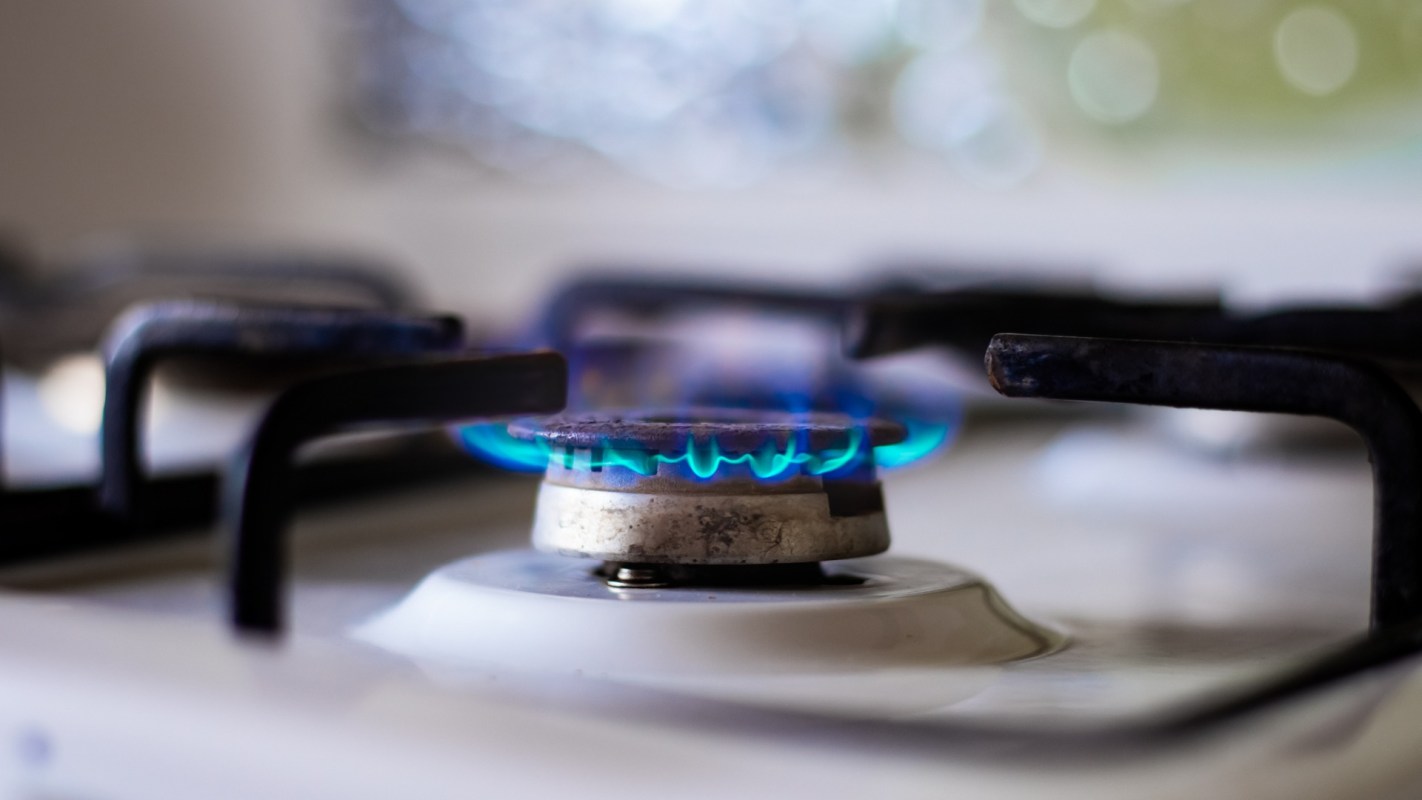A Pennsylvania landlord allegedly endangered tenants by refusing to address a carbon monoxide (CO) leak, KDKA CBS News Pittsburgh reported.
A resident of the building, located in the town of Glassport, had reported the problem to 39-year-old landlord Geoffrey Davis in January when her CO alarm went off repeatedly, even after a change of batteries. Davis visited the building two days after her call but apparently didn't fully address the issue.
CBS News Pittsburgh reported that the tenant's 17-year-old grandson kept falling down repeatedly for no reason. The tenant called paramedics, who tested for and found high levels of CO. They evacuated the building, and five residents had to receive treatment for their CO exposure.
Police approached Davis about the gas issue, but the landlord seemed not to see the problem, according to the news report. He accused the tenants of breaking a pipe and making themselves sick and also argued when officers pointed out the need for an emergency exit.
Davis has been charged with nine counts of recklessly endangering another person, since gas crews that inspected the building said it put the tenants in "imminent danger of death."
CO is difficult to detect, as Allegheny Health Network Emergency Medicine Institute Chair Dr. Bobby Kapur told CBS News Pittsburgh.
"It's odorless, it's colorless, it's tasteless. It could be in the air at high levels, and people in the house may not actually know they are being exposed to it," he said. "If you're having high levels of carbon monoxide poisoning, it can lead to seizure, pass out, or even lead to a coma."
It's common for a landlord to try to save time and money by putting off repairs — sometimes denying there's a need even when the home becomes dangerous. One landlord even made illegal renovations in response to a similar complaint about carbon monoxide from a furnace.
Because tenants can't always rely on a landlord to keep them healthy, residents should take their own safety measures, as Davis's tenant did by using a CO detector.
"If you hear the carbon monoxide detector go off, get everybody including pets out of the house as soon as possible and then call 911," Kapur told CBS News Pittsburgh.
Once the immediate danger is over, tenants can call a professional for repairs.
One way to protect yourself and your family from CO poisoning is by investing in electric appliances — like switching from a gas stove to a faster induction stove, from a gas-powered to an electric water heater, or from a conventional home-heating system to an energy-saving heat pump — which do not produce CO as they do not burn gas, wood, or coal to run.
Still, even one home appliance powered by gas — like a grill or a car in your garage — can pose a risk, so no matter how you power your home, it is always best to have a CO detector installed and on at all times.
Join our free newsletter for easy tips to save more, waste less, and help yourself while helping the planet.









